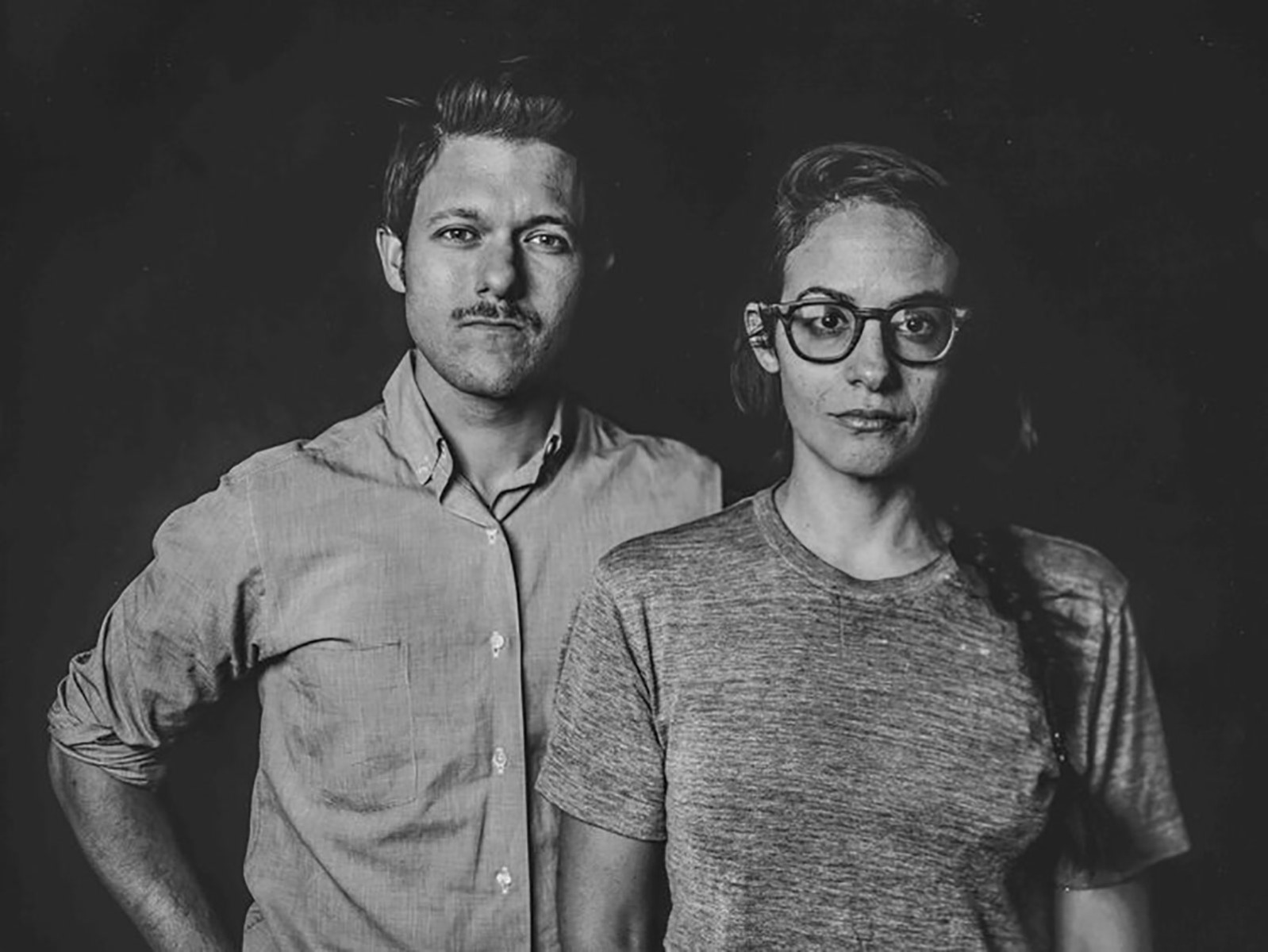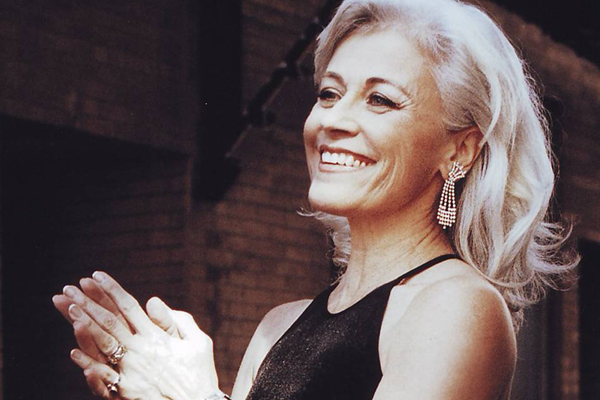Written by Abigail Browde and Michael Silverstone
New York City-based, Obie Award-winning theatre-making duo 600 Highwaymen is a Company-in-Residence for our 20.21 season. Their three-part series, A Thousand Ways, offers a chance to experience new ways of coming together through art and performance. Part 1 begins November 4.
Your work explores the relationship between spectator and performer - how has the pandemic impacted that relationship?
In all of our shows we’re trying to put a frame around bodies together in space, and often this has us bringing the spectator and performer together in some way - or even eliminating the distinction altogether. What’s clear right now is that we are all very much part of one another’s story! Yes, the pandemic is deeply isolating for many, but it has also reminded us that we are all connected, that we share the same space. In the beginning - at least in NYC - this was scary. Proximity to others was seen and experienced as a sudden threat of safety. And also the development of various stigmas around this new coexistence (Can I make eye contact with someone even though I’m wearing a mask? What does this person see when they look at me?). We’re very curious what will come from this heightened awareness. I hope something is gained somehow from this sharp awareness of bodies in space, of closeness and distance. In normal times you could say that’s what our work is about - a deep consciousness with other humans.
Interactions between strangers often drive your performances. What is it about connecting with a stranger that creates such a powerful experience?
We’re obsessed with liveness and immediacy between people. It’s often about connection, but it’s sometimes also about the sensation of disconnection, or the feeling of having to navigate the water together. There’s something terribly electric about it. Our favourite kind of performance reminds the audience who they are together, and when lift-off occurs, there’s a sense that we’re doing it somehow together. Everything that happens in the theatre is some kind of collaboration, or some kind of reminder of how we impact one another.
What do you hope participants take away from these experiences?
That complexity is okay. That humour and drama often live side by side. That slowing down reveals detail, and that detail leads in some way to emotion and/or empathy. That there’s value to being taken by surprise, as it often leaves you awake in some new kind of way and wanting more. The strangest thing about theatre is that no matter how hard we try, it’s completely fleeting. It cannot be saved, and sometimes the experience cannot find words. That sensation is something we would love to give audiences.
Abigail Browde and Michael Silverstone
Photo: Tei Blow





